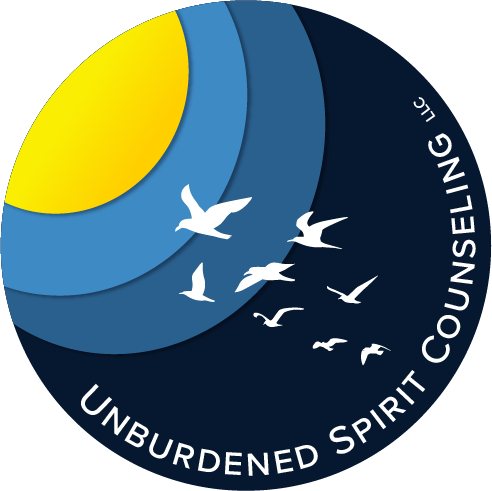Are you ready to be done with holding yourself back?
You worry deep down that there is something unacceptable or bad about you, something that makes you different, never good enough, less worthy of belonging, or less important than everyone else.
Other people always seem more capable, confident, sure of themselves, and you wish you could be more like that but it feels impossible. You would like more connection in your life, deeper intimacy, or more courage to put yourself out there at work, in relationships, or just in general, but no matter how much you push yourself something keeps holding you back.
You might find that you:
- Have a difficult time expressing yourself or sharing your interests with others.
- Feel like you have to be perfect just to be acceptable.
- Avoid trying new things because you don’t want to look like you don’t know what you’re doing.
- Assume that you aren’t that interesting and others won’t care about you or like you
- Rarely say what’s on your mind because you’re too busy worrying how others might react.
- Wish you could be more relaxed and comfortable socially, but have no idea how to get there..

Is self-doubt keeping you from the life you want?
Low self-confidence and esteem have a way of showing up in every area of life. You may feel disconnected, unseen, or unimportant even in your closest, most essential relationships. You might understand that your partner, spouse, or family and friends love and care about you, but you hold yourself back and don’t say what’s on your mind because you’re afraid they won’t really understand; they may get angry or dispute what you’re saying, or might outright reject it. It might also feel like you’re not actually that interesting or important, and you don’t want to waste their time with your needs.
You might think a lot about changing your job or your whole career in order to follow your dreams, find something more fulfilling and rewarding, or to give you the chance to achieve some of the goals you had when you started. But whenever you think about that you feel held back by the possibility that you might fail or face unexpected setbacks, and then feel stupid for risking what you currently have, so you stay where you are despite the mounting frustration.
You may feel like
Through it all, you often feel alone, unimportant, and unable to break free from the self-doubt that undermines you. The risks feel too great. You might tell yourself it’s better to feel alone than to experience rejection, better to just accept you’re not that special than to be reminded of that when you fail, better to stay in the comfort zone than risk losing everything, no matter how confining that zone has gotten.
Learn to Love Who You are and Trust Who You Can Become

The truth is that the cycles of self-doubt, blame, and holding yourself back can be broken. You can start to see situations that you’ve been anxious and uncertain about as full of potential for growth. You can feel inspired and hopeful about your dreams and desires instead of intimidated and defeated. And you can open yourself to deeper intimacy and connection in your relationships.
You can do all of this with the confidence that:
- You can succeed
- You deserve the freedom to be yourself and love who you are
- Setbacks or mistakes are not the end and do not mean you are a failure.
I will help you start to experience these shifts by supporting you in a therapy process designed to help you tap into your inner confidence, resiliency, and wisdom, to go beyond the usual negative self-thoughts and feelings. We will get to know the unique stories behind why those negative beliefs and painful feelings have developed, and compassionately and sensitively help the parts of you who have taken on those beliefs and emotions to feel supported and understood by you. We will help those parts release those burdens of self-doubt, shame, and expected failure.
When this happens, you will find yourself ready to move forward, take the risks that are right for you without feeling pressured, and make the relationship choices that support you in feeling closer and more understood by your loved ones. You will know yourself as someone worthy of love, deserving of happiness, and capable of living a life filled with both.
Therapy for self-confidence and self-esteem can help you…
Break out of cycles of self-doubt and avoidance
Show up in your life trusting yourself, your capability, and worth
Open yourself to deeper connection in your relationships
Find the freedom to say ‘No’ when you need to and ‘Yes’ when you want to
See yourself and your story not as inherently flawed, but as uniquely yours
Know yourself to be good enough
Love and trust yourself in ways you haven’t felt were possible
